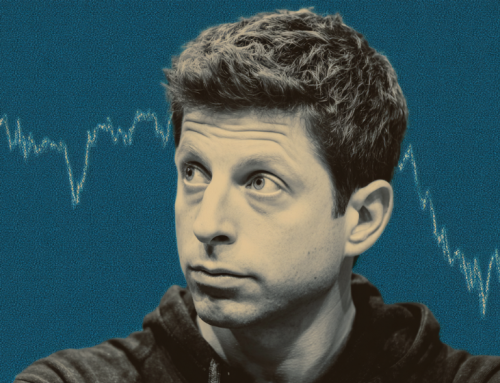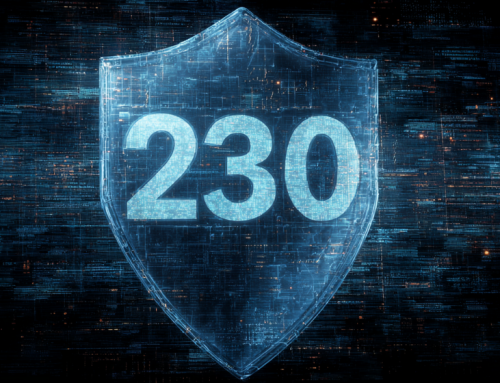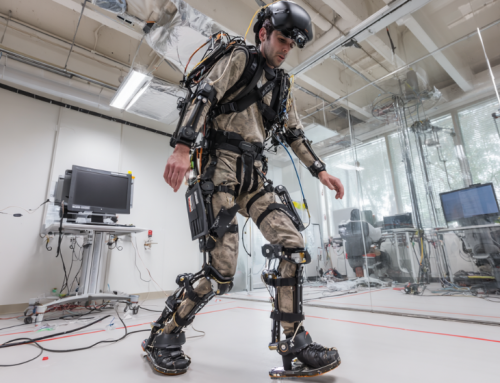
The psilocybin mushroom, used as a psychedelic drug, is one of many AI is exploring in determining the effectiveness of low-dose psychedelic drug treatments for mental illness. (Source: Adobe Stock)
Expansive AI Study Explores Efficacy of Low Doses of Psychedelic Drugs for Mental Health
Understanding the effectiveness of drugs for various medical problems could become easier by using AI.
From crunching data drawn from drug takers’ experiences, algorithms can determine the range of benefits of various substances. An article from technologyreview.com, published by MIT, recounts how head researcher Danilo Bzdok and a team of colleagues at SUNY Downstate Health Sciences University in New York City and the Broad Institute of MIT and Harvard in Cambridge, Massachusetts are studying the impact of numerous psychedelic drugs on mental health. The study is using natural language processing designed by researchers at McGill University in Montreal.
Relying on NLP, Bzdok’s team assessed 6,850 written accounts of hallucinogenic drug use. Each account was written by a person who took one of 27 drugs—including ketamine, MDMA, LSD, and psilocin—in a real-world setting rather than as part of a lab-based experiment. The accounts were accessed from the website of Erowid, a member-supported drug information organization.
The team hopes it will aid in the design of new drugs for mental health disorders.
“It’s the largest study [of its kind] on psychedelics of all time,” he says.
Bzdok says the approach could provide new starting points for drug development. In theory, drugs that are designed to target these receptors should elicit specific aspects of psychedelic drug experiences, says Bzdok, whose work was published today in the journal Science Advances.
Each person that takes a “trip” experiences a solely individual experience. Also, doses vary from dealer to dealer, so the idea of an accurate study is going to be difficult. But there can be a new understanding of the relationship between the mind and the natural substances that can produce positive effects.
For example, words linked to mystical experiences, such as “space,” “universe,” “consciousness,” “dimension,” and “breakthrough” were associated with drugs that bind to specific dopamine, serotonin, and opioid receptors. While the algorithm can’t fully comprehend the “trip,” it can find patterns and suggest ways to apply new ideas to the medical treatment of PTSD and other mental health problems.
So far Bzdok’s paper has been well received and should be seen as another door opening to understanding the human mind through the use of AI.
read more at technologyreview.com







Leave A Comment